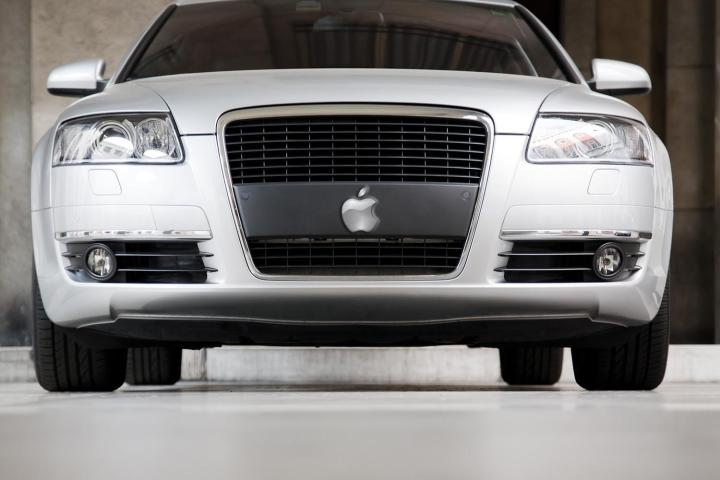
Now Reuters is reporting that Apple has poached a high-profile senior engineer from Tesla, another company making great strides in the 21st-century motor industry. Jamie Carlson has swapped Elon Musk for Tim Cook in the CEO stakes according to his LinkedIn profile, and given Carlson’s history it would seem to confirm that Apple has plans of some kind in this area. He worked on Tesla’s automated self-driving technologies and before that was busy developing “automotive vision systems” for Gentex Corp.
We seem to have reached the “no smoke without fire” stage for the iCar, but exactly what Apple has in the pipeline isn’t yet clear: It could be a brand new electric-powered motor vehicle that can drive itself, or it could be software and various bits of kit to add to your existing car to do the same job. Its CarPlay dashboard software is still in its early stages of development and is likely to play a role in anything else the Cupertino company has to show off as far as cars are concerned.
Reuters points out the other automobile experts Apple has recruited in recent months: Megan McClain from Volkswagen, Carnegie Mellon University researcher Vinay Palakkode, and Nvidia’s Xianqiao Tong, who develops computer vision software for driver assistance systems. With the likes of Google, Nissan, and Tesla developing autonomous technology at a rapid pace, Apple may feel it has no alternative but to get involved.
Editors' Recommendations
- The Apple Car was reportedly dubbed ‘the Bread Loaf’
- Apple’s car project has apparently conked out
- Dubai Police to deploy driverless patrol cars with AI smarts
- An autonomous car in San Francisco got stuck in wet concrete
- Apple wants to supercharge CarPlay, but here’s why carmakers won’t bite


